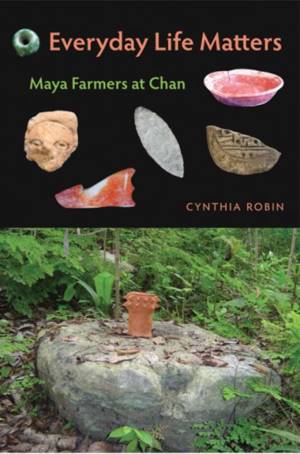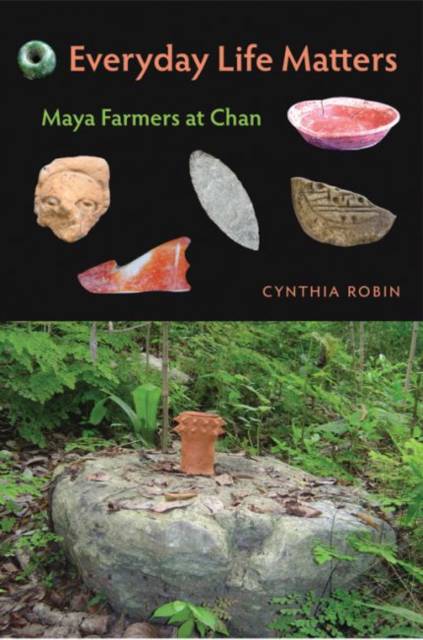
- Retrait gratuit dans votre magasin Club
- 7.000.000 titres dans notre catalogue
- Payer en toute sécurité
- Toujours un magasin près de chez vous
- Retrait gratuit dans votre magasin Club
- 7.000.000 titres dans notre catalogue
- Payer en toute sécurité
- Toujours un magasin près de chez vous
Description
While the study of ancient civilizations most often focuses on temples and royal tombs, a substantial part of the archaeological record remains hidden in the understudied day-to-day lives of artisans, farmers, hunters, and other ordinary people of the ancient world. Various chores completed during the course of a person's daily life, though at first glance trivial, have a powerful impact on society as a whole. Everyday Life Matters develops general methods and theories for studying the applications of everyday life in archaeology, anthropology, and a wide range of related disciplines.
Examining the two-thousand-year history (800 B.C.-A.D. 1200) of the ancient farming community of Chan in Belize, Cynthia Robin's ground-breaking work explains why the average person should matter to archaeologists studying larger societal patterns. Robin argues that the impact of the mundane can be substantial, so much so that the study of a polity without regard to its citizenry is incomplete. Refocusing attention away from the Maya elite and offering critical analysis of daily life elucidated by anthropological theory, Robin engages us to consider the larger implications of the commonplace and to rethink the constitution of human societies by ordinary people living routine lives.
Spécifications
Parties prenantes
- Auteur(s) :
- Editeur:
Contenu
- Nombre de pages :
- 256
- Langue:
- Anglais
Caractéristiques
- EAN:
- 9780813044996
- Date de parution :
- 12-11-13
- Format:
- Livre relié
- Format numérique:
- Ongenaaid / garenloos gebonden
- Dimensions :
- 161 mm x 235 mm
- Poids :
- 494 g

Les avis
Nous publions uniquement les avis qui respectent les conditions requises. Consultez nos conditions pour les avis.






